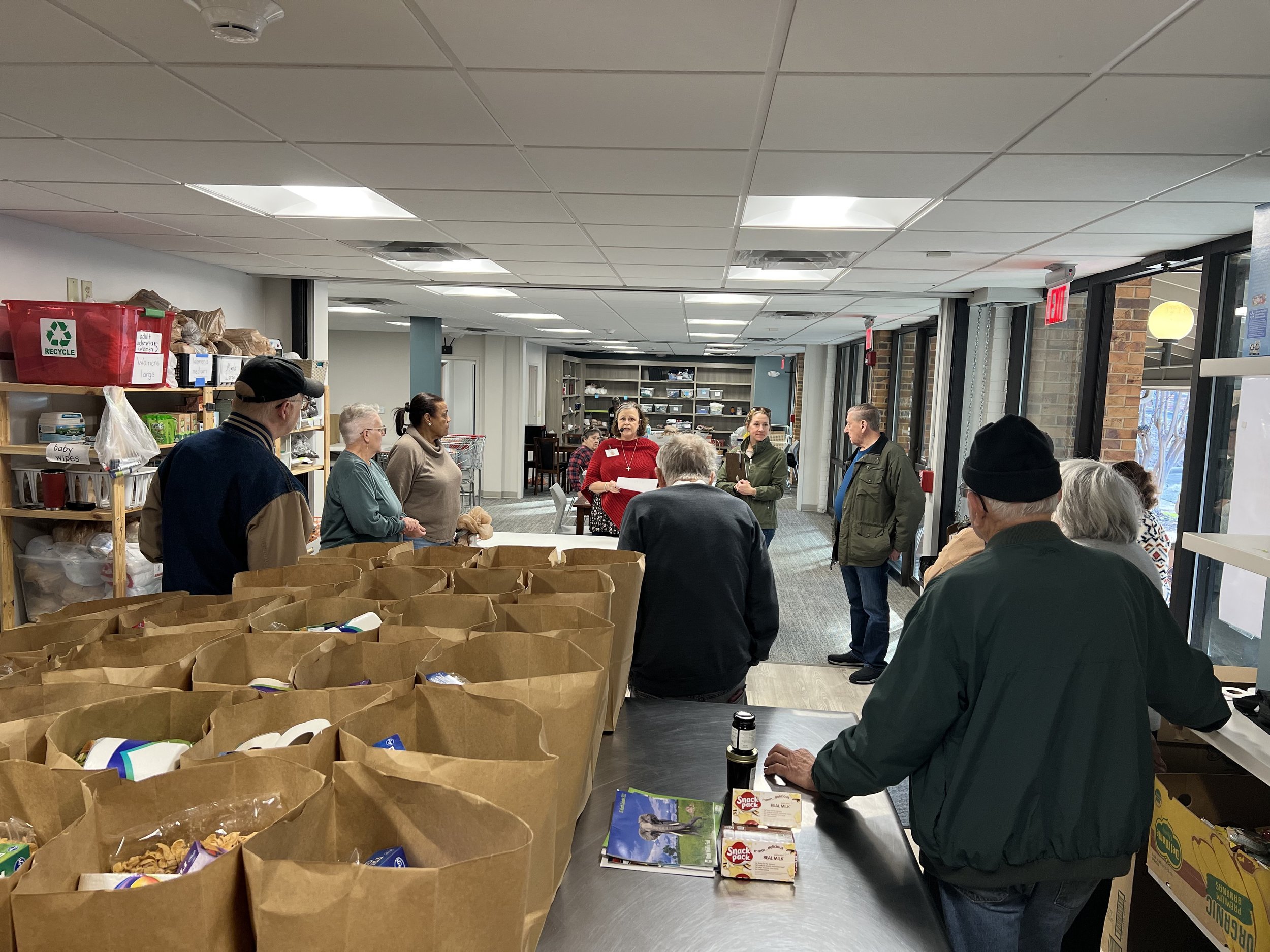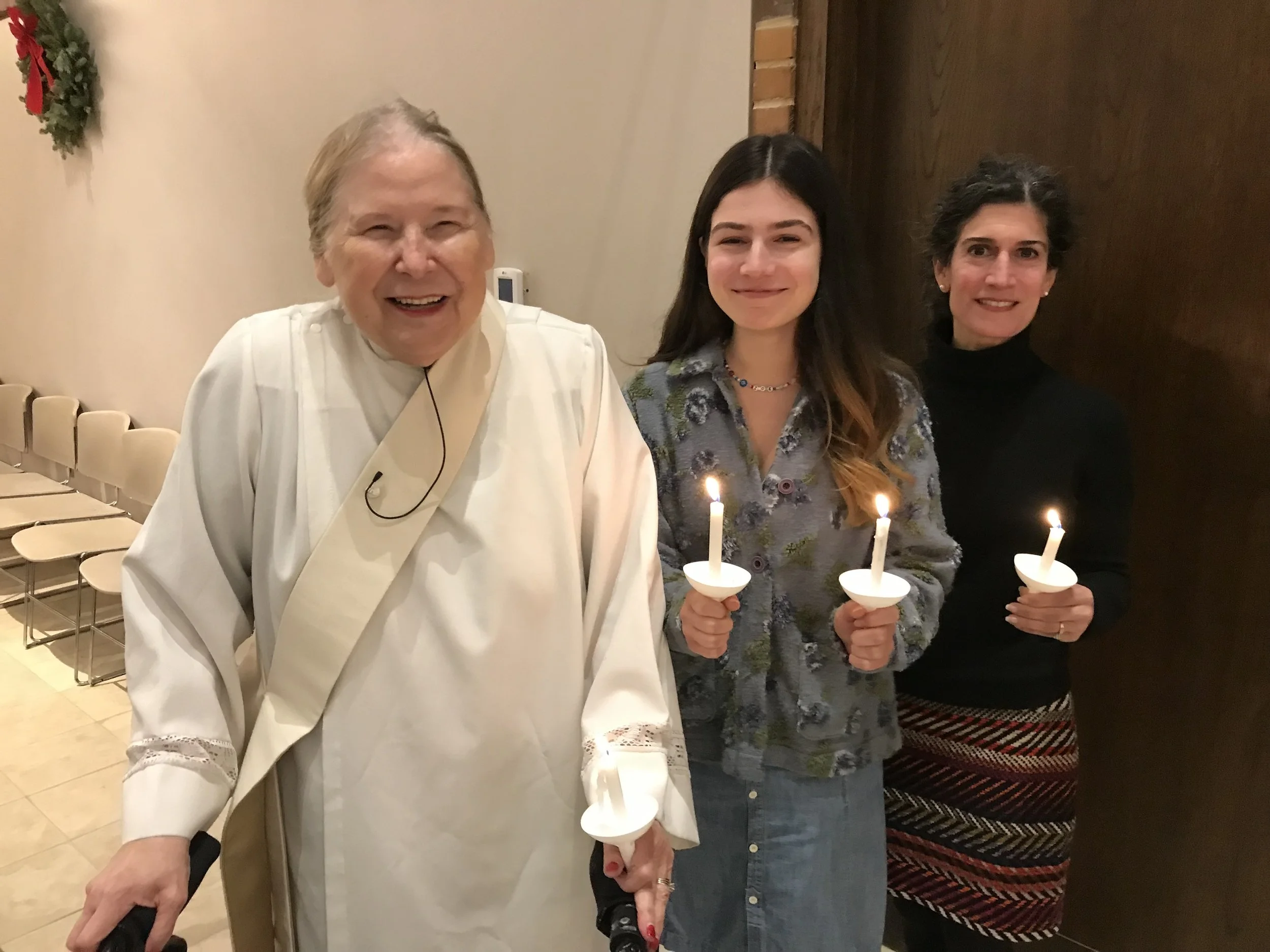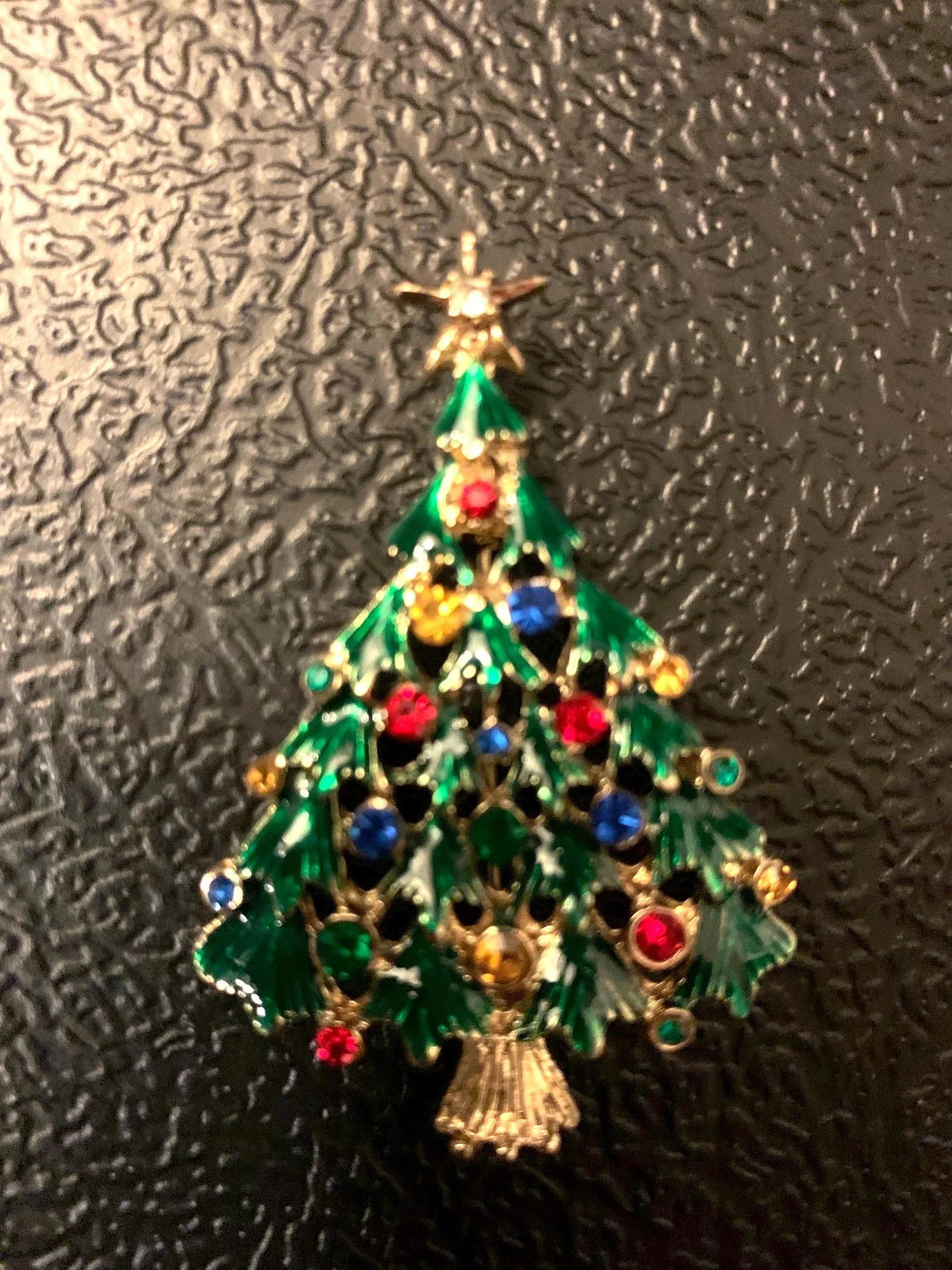Richard Rohr, Poe: Seeing and Living in the Present Moment
“Most people do not see things as they are because they see things as they are!” Which is not to see at all. Their many self-created filters keep them from seeing with any clear vision.”—Richard Rohr, Center for Action and Contemplation, daily Rohr Meditation.
Edgar Allan Poe also gives us more clues about having a clearer vision in “The Purloined Letter.” The Paris police chief asks a famous amateur detective, C. Auguste Dupin, to help him find a letter stolen from the boudoir of an unnamed woman by an unscrupulous minister who is blackmailing his victim.
The chief of police and his detectives have combed the hotel where the minister lives, behind the wallpaper, under the carpets, examining tables and chairs with microscopes, probing cushions with needles, and found no sign of the letter. Dupin gets a detailed description of the letter and visits the minister at his hotel. Complaining of weak eyes and wearing green spectacles, he disguises his eyes as he searches for the note. Finally, he sees it in plain sight, in a cheap card rack hanging from a dirty ribbon. He leaves a snuff box behind as an excuse to return the next day and switches out the letter for a duplicate.
Rohr is calling us to put on a new pair of glasses, perhaps 3-D glasses, to see the depth of what is in plain sight immediately around us in the present moment.
Guides and friends in our community remind us to meet God in the present moment. They remind us to listen to this call from God to live in the present moment, especially in the stories of the Epiphany season in our Sunday Bible readings.
Epiphany means an illuminating realization.
The season of Epiphany calls us to see more clearly, living in the present moment.





